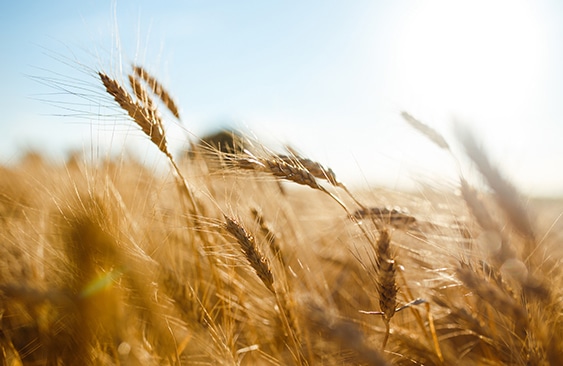Source: Hans Wetzels, Bizcommunity, 13 July 2021, photo credit: Center for Global Development
Gilbert Bor manages a small farm in the western highlands of Kenya. Landscapes are hilly, village roads lined with pine trees, his cows mostly of the Friesian breed. He is up at 6:00am daily to lead his animals through the woods into the valley below.
Most farmers in and around his village in Kapseret grow maize or beans for subsistence. But that is set to change, says Bor.
East African regional authorities have started promoting cash crops like avocados and coffee to increase Kenyan exports to the European Union and China. At the same time, local farmers are getting organized as well, says Bor. His own community collectively invested in a milk tank to strengthen its position on regional dairy markets.
“For products like coffee, mangoes or peanuts, Europe is an important market,” Bor explains enthusiastically. “Crops exported from Kenya are exempt from taxation in Europe. That also goes for exports to Europe from Ghana, Nigeria and the Francophone countries.”
The EU is a global agricultural powerhouse. The 27-country bloc feeds a steady stream of processed foods, grains, dairy and meats onto the world market while importing large quantities of raw commodities like soy, sugar cane or palm oil, tropical vegetables and fruits like avocados.
Read more
The South African Pork Producers’ Organisation (SAPPO) coordinates industry interventions and collaboratively manages risks in the value chain to enable the sustainability and profitability of pork producers in South Africa.








